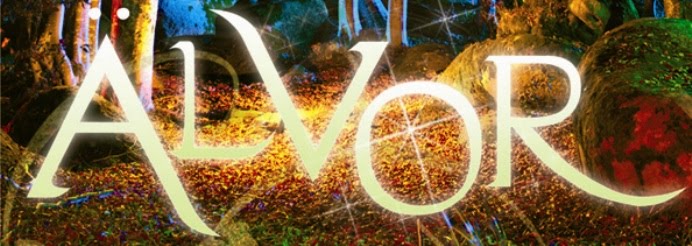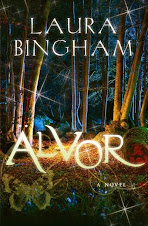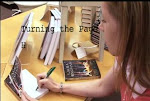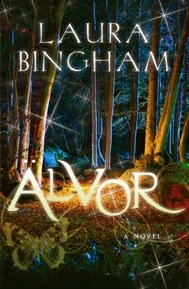 The ultimate goal for all writers is to have their work read. Notice, it doesn't say that the ultimate goal for all writers is to make millions of dollars (but sure, we'd take it in a heartbeat.)
The ultimate goal for all writers is to have their work read. Notice, it doesn't say that the ultimate goal for all writers is to make millions of dollars (but sure, we'd take it in a heartbeat.)The fact is, I have to remind myself all the time that one of the greatest things I can hope for is for my words to find their way into another person's head. Whether they read it off the internet, check it out of the library, borrow their friend's copy, or actually make a purchase.
And really, there is only one way your words will make it into the hands of complete strangers. You have to get published.
Okay, you have some options. Each option is optimal for different things, so don't completely discount any of the choices. In spite of the stigma some people choose to attach, there is a need and a place for everything.
Self Publishing or Vanity Press. This is optimal for books that have a specific target audience. That's it. Whether your target audience is your friends and family because it tells something of an autobiography or it's instructional geared towards a very specific occupation, self publishing can be a great tool. People sometimes choose this route when things fall through with their other publishing opportunities as well.
E-book publishing. This is getting bigger everyday. Some people choose to have their books published strictly digitally. There are arguments that this is the wave of the future.
Small traditional press. You don't need an agent for this and the wait time for a book can be significantly faster than the big publishing houses. A small traditional press is exactly that. It has a smaller budget for marketing, a smaller sphere of influence in the book industry and as a result, they print fewer books. You will be in the bookstores, but for a shorter time-line than the bigger presses.
Big Traditional Publishing House. This is the full-meal-deal. You are going to need an agent. Even if you somehow manage to secure interest in your manuscript without an agent, you will be advised to get an agent to work out the contract negotiations. A big publisher means a better marketing platform, highly trained editors and media specialists and a better representation of your book when it is released. The trick here is that not only is it difficult to sign with an agent, it is equally as difficult for the agent to sell your book to the publishers. There are a lot of writers competing for the limited spots in the publishing houses.



















1 comment:
Even as little as five years ago, self-publishing had a stigma attached to it. Now it's growing more acceptable every day.
Post a Comment